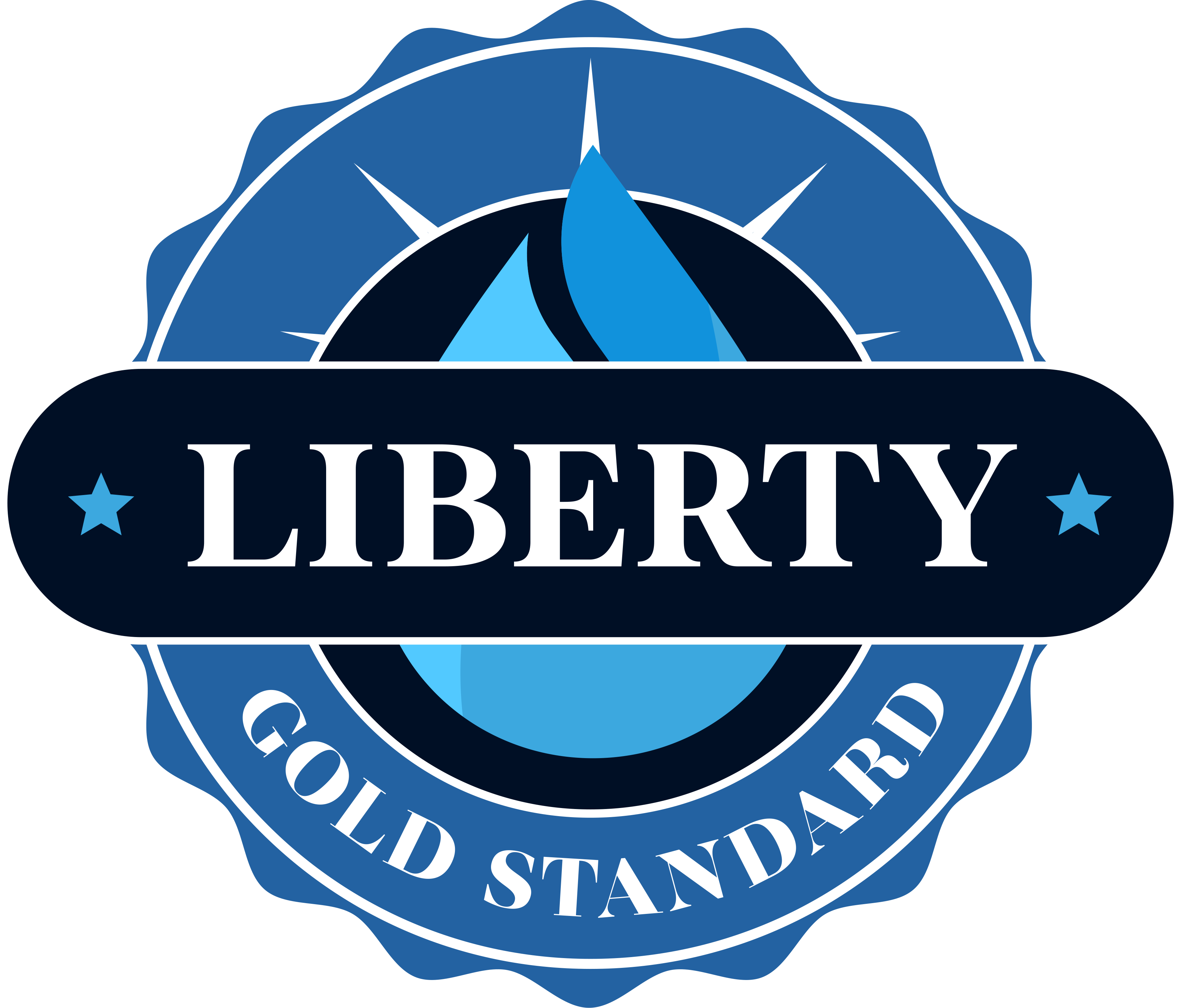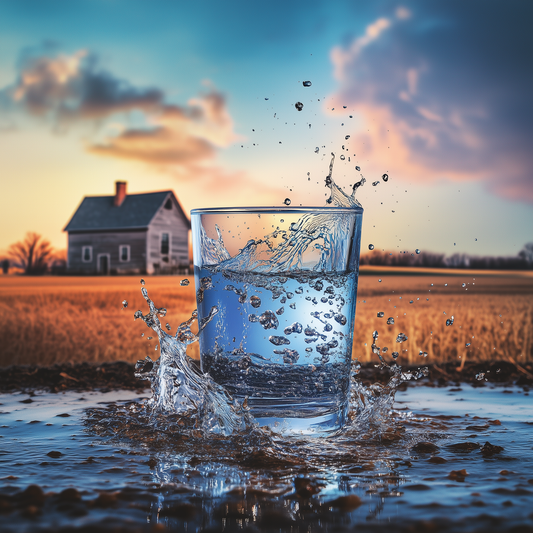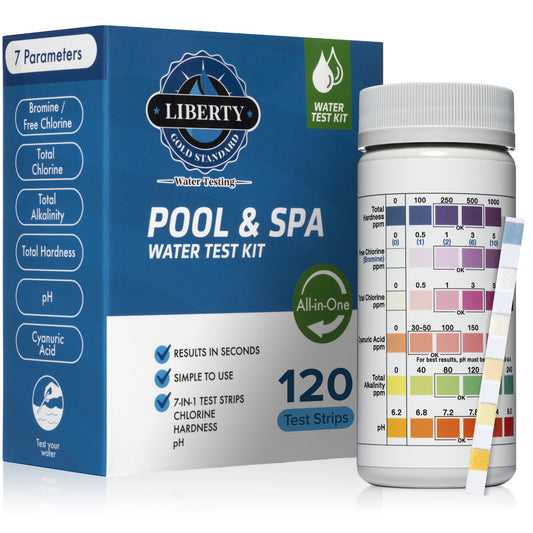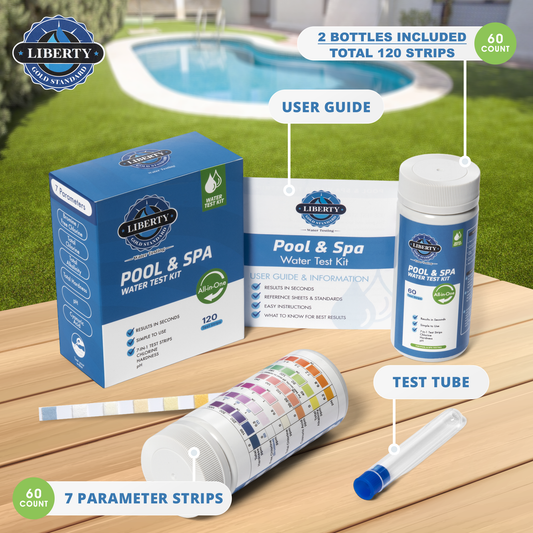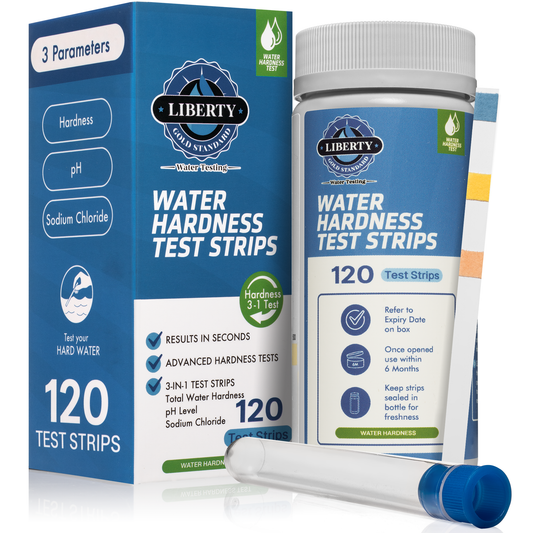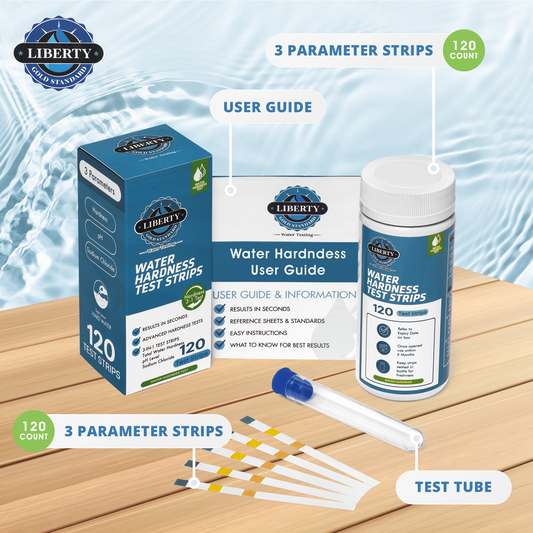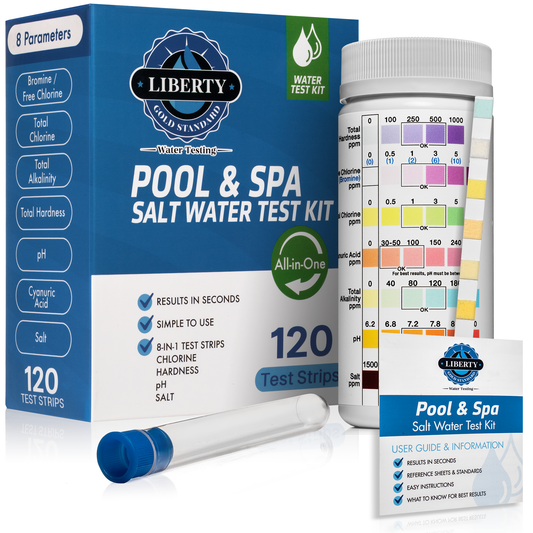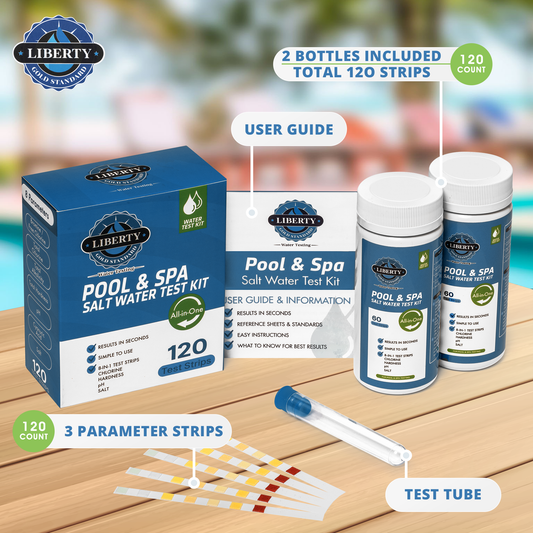We all rely on bottled water for convenience and refreshment. But what if your trusty H2O companion held a strange secret? Brace yourselves, because scientists recently made a bizarre discovery about bottled water, and it's got the internet buzzing!
Dihydrogen Monoxide: The Shocking Truth?
The culprit behind this scientific stir? Dihydrogen monoxide (DHMO). Yes, you read that right – dihydrogen monoxide! Sounds fancy, doesn't it? But there's a catch...dihydrogen monoxide is just a fancy way of saying...water!
Hold on, wasn't bottled water supposed to be strange?
Well, the strange part is how some reports tried to sensationalize this scientific finding. Dihydrogen monoxide is a technical term chemists use for water, focusing on its two-hydrogen-one-oxygen molecular structure.
So, there's no lurking monster in your bottled water?
Not this time! However, the point scientists were trying to make with the whole "DHMO" thing is that fear-mongering can distort our perception of everyday things. Just because something has a technical-sounding name doesn't mean it's harmful.
But bottled water isn't perfect, right?
That's true. Bottled water can sometimes leach chemicals from the plastic container, and the environmental impact of plastic production is a concern. However, bottled water is still a safe and regulated product.
The Real Story: Informed Choices for You
The key takeaway? Be informed! Learn about potential issues with bottled water, like plastic leaching or the environmental impact. But don't be fooled by sensationalized headlines.
Here's what you can do:
- Refill reusable water bottles whenever possible to reduce plastic waste.
- Test your tap water to gain peace of mind: Consider using a home water test kit to check for potential contaminants in your tap water. Liberty Gold Standard offers a variety of water test kits that can detect a wide range of contaminants, from heavy metals and bacteria to chlorine and lead. These easy-to-use kits provide quick results, allowing you to make informed decisions about your drinking water.
- If you're concerned about your tap water quality after testing, contact your local water authority. They can provide information about your water source and any treatment processes in place.
- Most importantly, stay hydrated! Water, whether bottled or from the tap (if it meets safety standards), is essential for good health.
So, there you have it! The truth behind the "shocking discovery" in bottled water. Now you can quench your thirst with a newfound appreciation for this strange and fascinating molecule – H2O!
